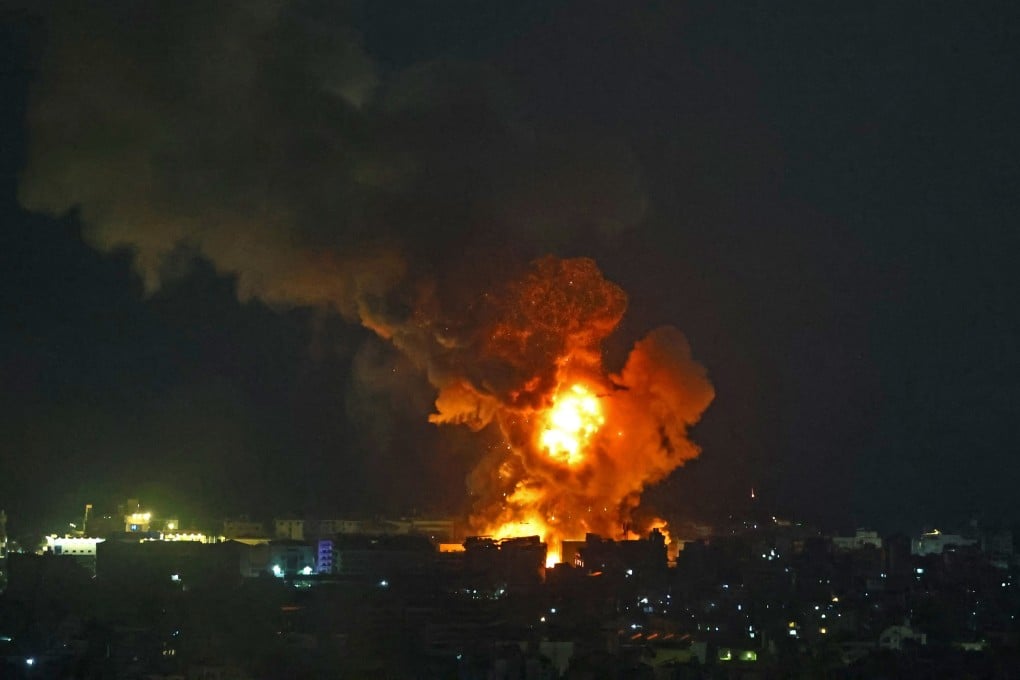Advertisement
US-backed Israeli violence reshapes old Gulf enmities
As the Gaza war widens to Lebanon and beyond, Gulf states are reassessing their old security pacts with the West – and ill will towards Iran
Reading Time:4 minutes
Why you can trust SCMP
18

Faced with the growing spectre of all-out war between Israel and Iran, the Arab monarchies of the Persian Gulf have intensified diplomatic efforts to safeguard their interests and ensure they do not become collateral casualties.
Advertisement
With peace talks over Gaza abandoned and the United States pushing for Hezbollah’s political exile amid Israel’s continued invasion of Lebanon, the Gulf Cooperation Council (GCC) – comprising Saudi Arabia, the UAE, Qatar, Oman, Kuwait, and Bahrain – is recalibrating its approach to engagement with the Jewish-majority state while accelerating a recent thaw with Tehran.
“The perception that the US is currently unable or unwilling to engage” had led to a surge of regional diplomacy as Gulf leaders “react and respond”, said Kristian Ulrichsen, a Middle East fellow of Rice University’s Baker Institute for Public Policy think tank in the US.
For decades, the GCC states had depended on the three Western permanent members of the United Nations Security Council – the US, France and Britain – to protect them from the existential threats posed by Iraq, under the late dictator Saddam Hussein, and Iran’s Islamist regime.
But the West’s collective refusal to pressure Israel into ceasing hostilities in Gaza, and subsequent support for its objectives in Lebanon, has deepened GCC leaders’ fears that their long-standing oil-for-security arrangements may be faltering.

The final straw appears to have been Israel’s assassination in late July of Hamas political chief Ismail Haniyeh in Tehran, and the killings last month of Hezbollah leader Hassan Nasrullah and an Iranian general in Beirut.

Advertisement